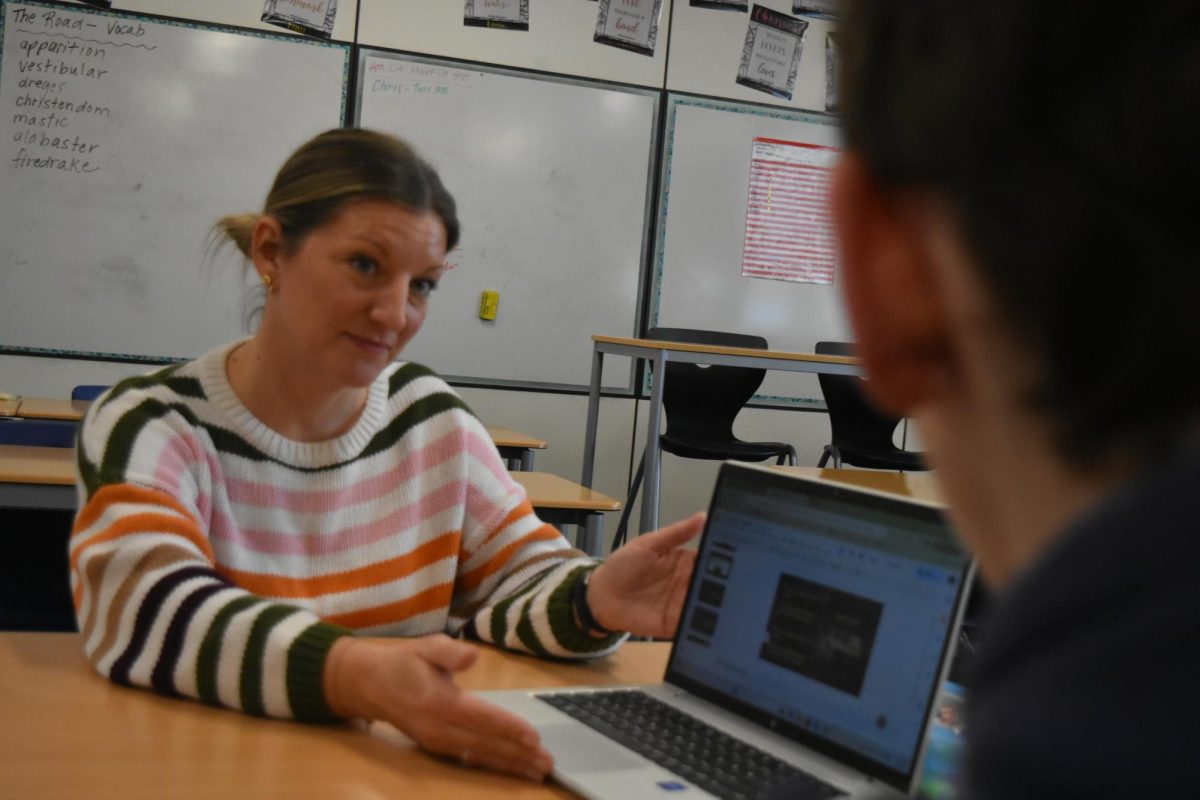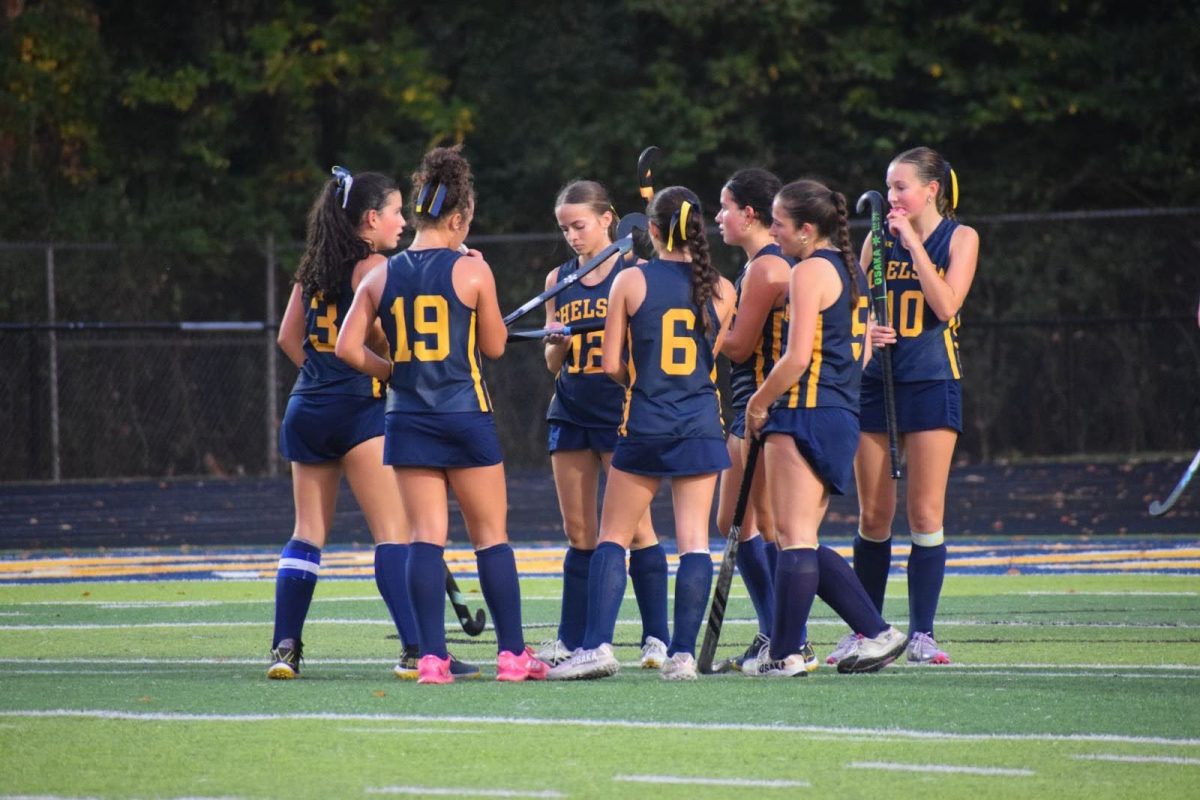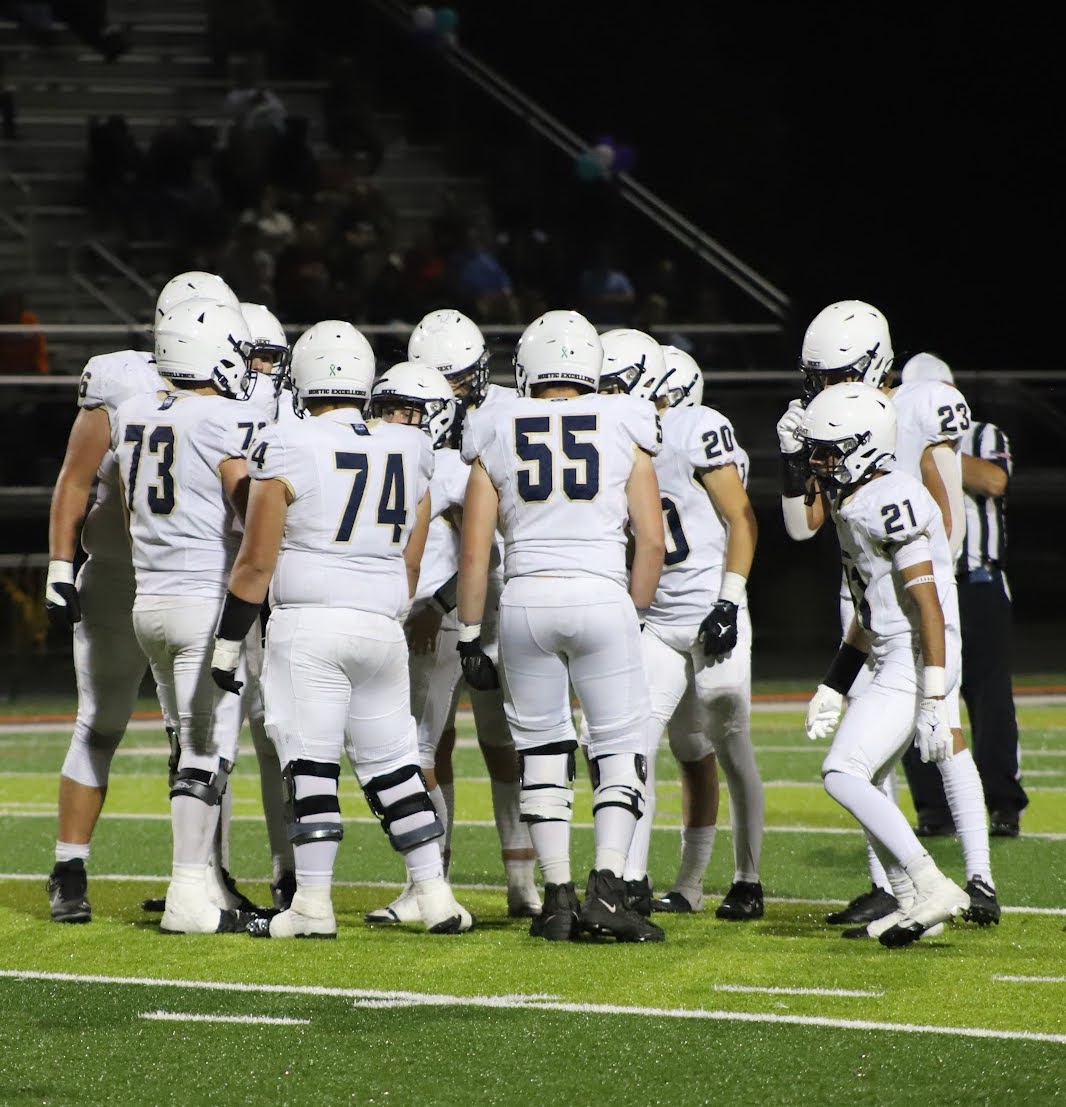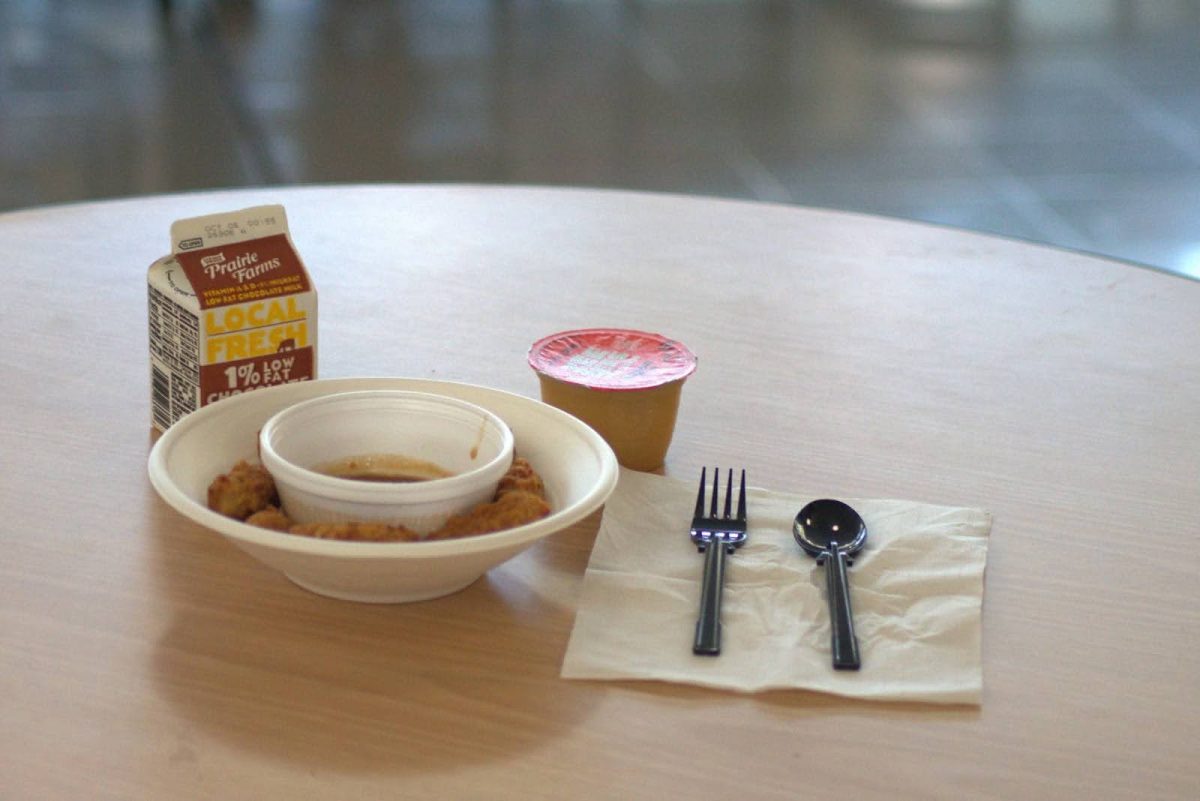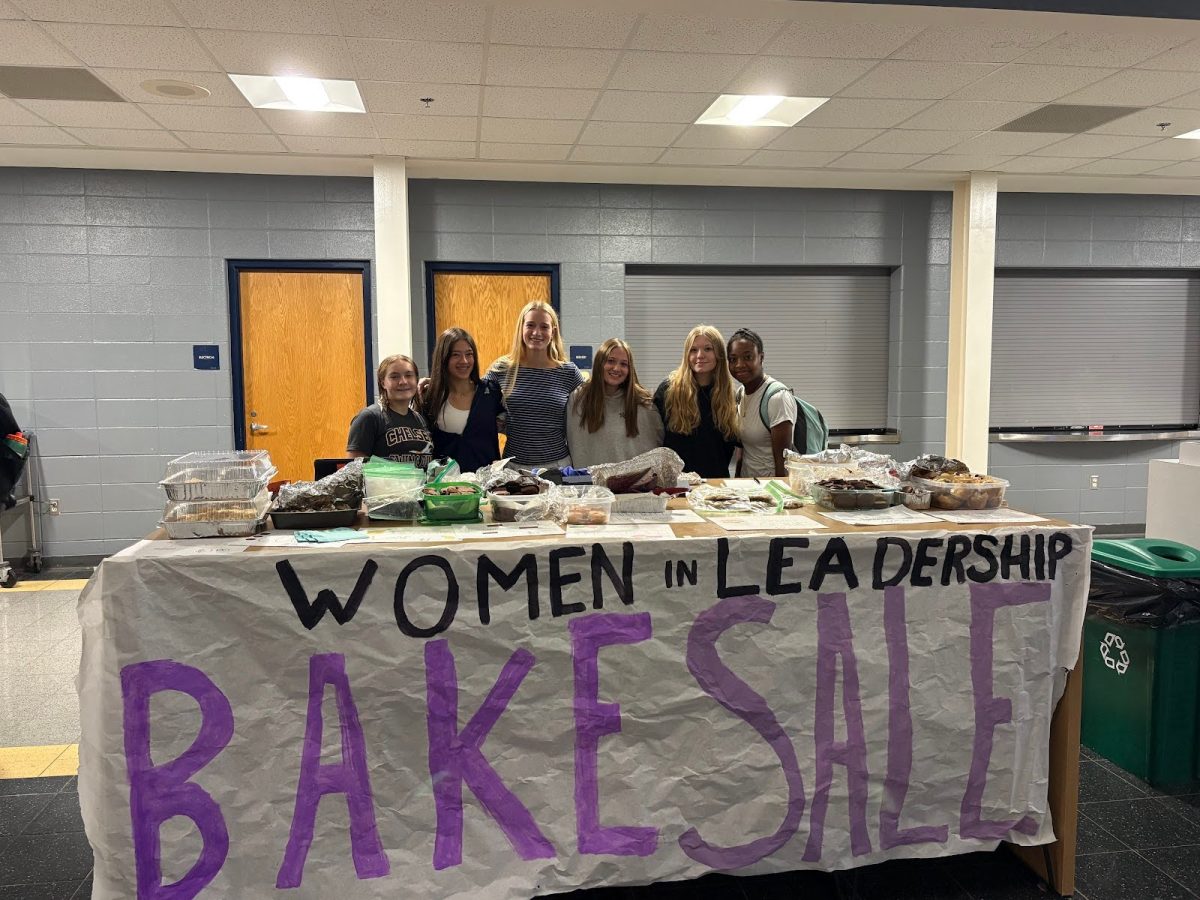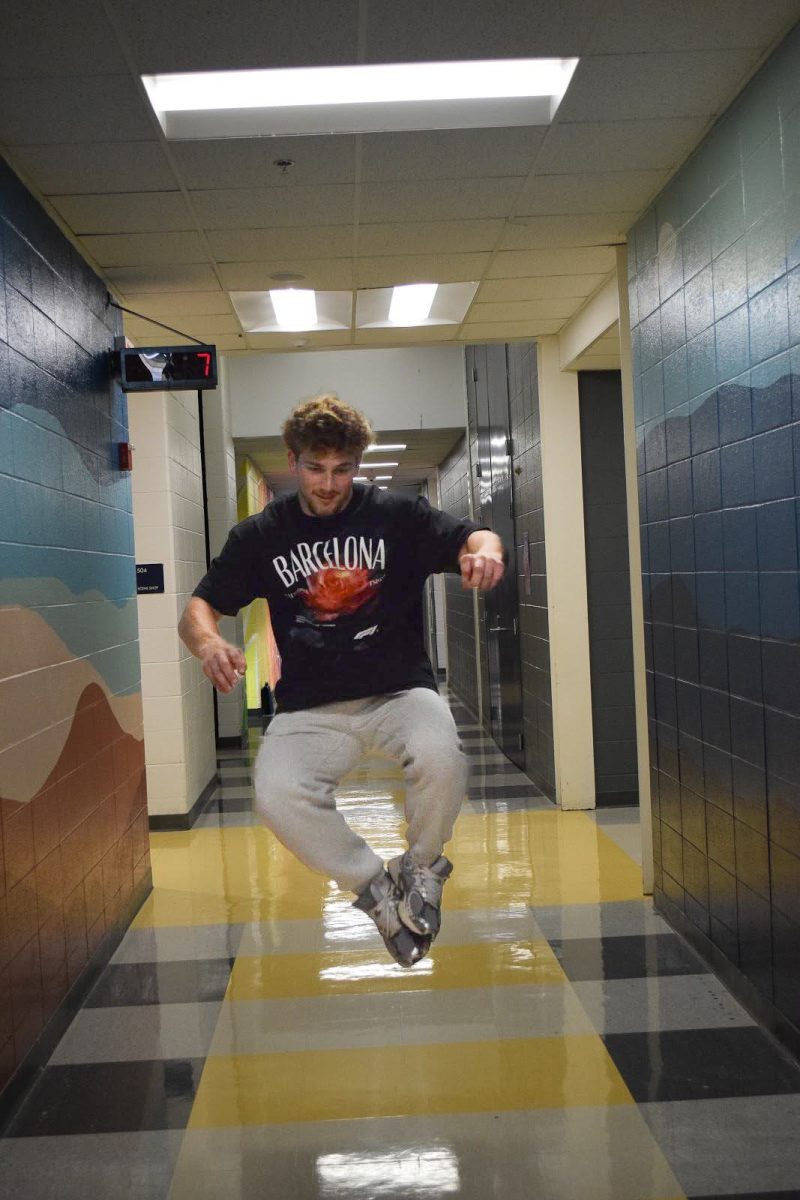With new technology emerging that allows parents to see their student’s grades online, parent-teacher conferences seem to be talked about less and less. Teachers feel there are upsides and downsides to the conferences, and a debate on whether the school should still have them.
“I think the upsides are definitely the connection that you have with the parents,” English teacher Alyssa Knupp said. “It can give a lot of insight into the students – both their feelings on the class and also anything that’s going on with them outside of the classroom that might be helpful when it comes to homework completion or understanding content,”
Having a sense of community and being able to build connections is important, but teachers only have so many slots in order to talk with parents. Teachers wonder if those slots are filled with parents whose children need those conversations.
“This is at every school, we have a lot of parents coming in whose kids, if they are four-point students, they’ve never done anything wrong. The parents love being told how great their kids are. And those are probably not the parents that we need to be meeting with,” social studies teacher Matt Pedlow said. “We found out that a lot of those parents never came, even if we asked them to. So that’s kind of the problem. A lot of times we’re hitting the wrong way, maybe talking to parents we don’t necessarily need to talk to.”
Teachers question if the upsides can outweigh the disadvantages, especially considering the technology everyone has today.
“I think they’re very outdated because, with the technology now, parents can see the grade the second it goes in. They can email and I can email them back. No one needs to physically come in anymore. And I think that’s where this technology has moved to,” Pedlow said.
However the technology may not be used as much as some believe and may not even be used the way people expect.
“We used to have all of these methods to make sure parents knew students’ grades. But what I find interesting is every time I do contact a parent, I feel like they have no idea that their child has that many zeros or that their grade was suffering,” math teacher Heather Hugg said. “So I find it really important that we still meet with parents and maybe even still do progress reports, because even though it’s online, I think a lot of parents aren’t checking because everyone is busy, including us.”
Some other forms of conferences have been done in the past using technology to help such as Zoom meetings. Some teachers see the benefits of it but also the downsides and loss of the physical connection doing so.
“I think the flip side of that is that if we were to do them digitally, and when we did them digitally during COVID, you had parents who could have more flexibility in their schedule, the same way we have more flexibility in our schedule if they were digital,” Knupp said. “So I think it may up our attendance rate in some way, and kind of give people more opportunities to join those conferences who don’t currently have those opportunities because of work or other restrictions. I also think there’s a level of flexibility on the teacher’s end.”
Teachers wonder about different ways to do conferences, and what has been most effective or helpful to parents and students. They’re open to ideas about how to solve as many of these limitations as possible.
“I think conferences are valuable. I think that they just create that connection, and a bridge between student, parent, and teacher, and I hope that we keep doing them, but whatever format works for me,” Knupp said.

